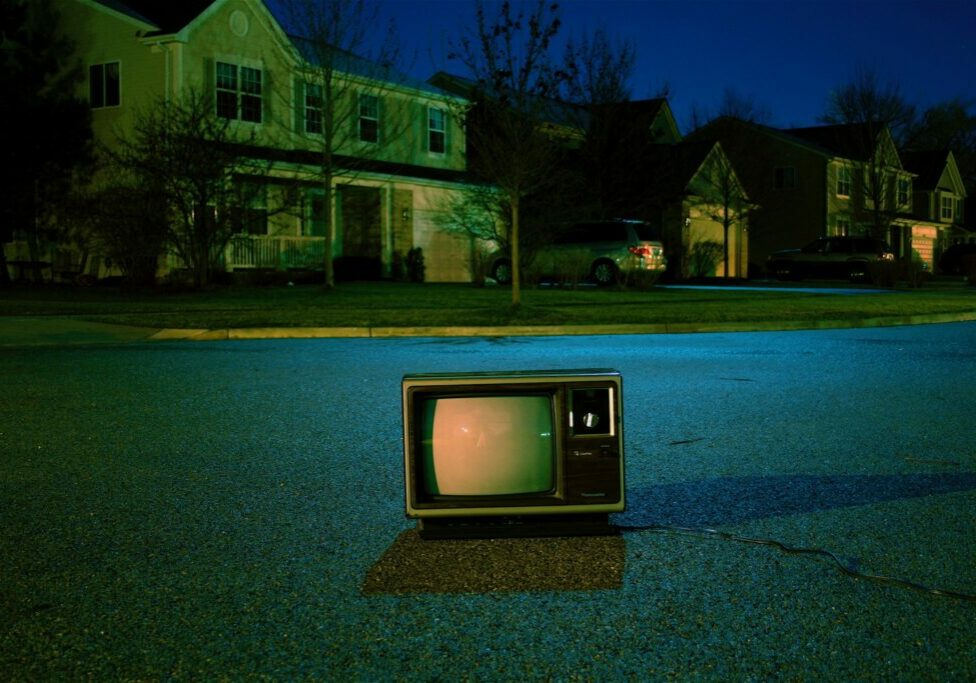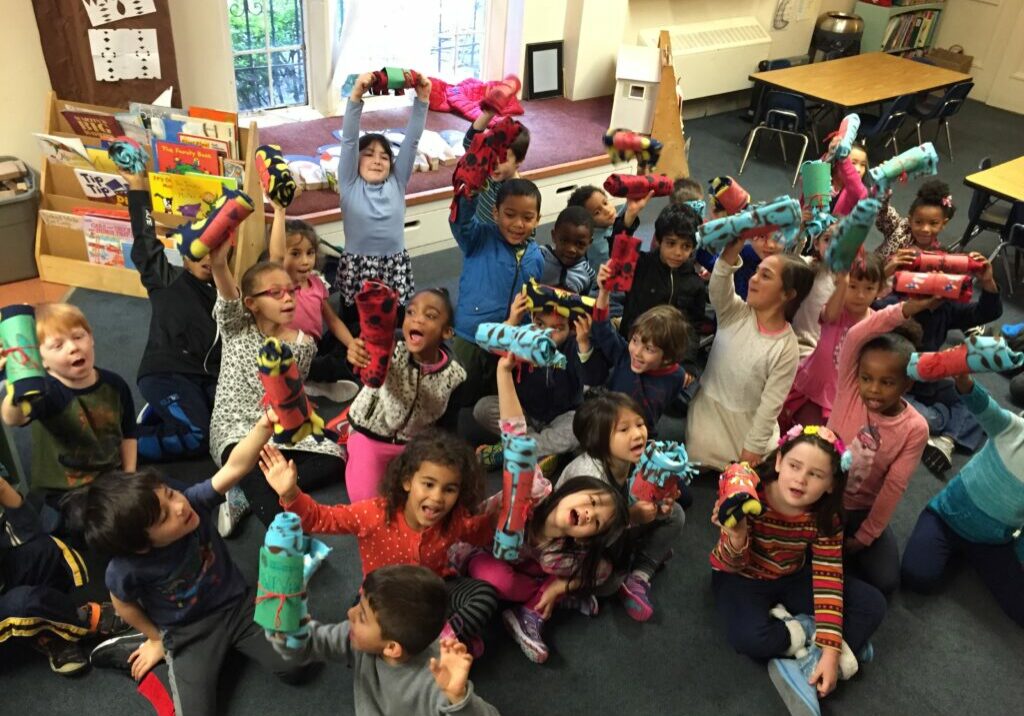Braid Mission
Blog
Holy Innocents

Wedged between Christmas and Epiphany, on December 28, the Feast of the Holy Innocents usually doesn’t get a lot of attention. It’s a particularly uncomfortable feast day, remembering King Herod’s royal decree to kill all little boys under the age of two in hopes of destroying the young Jesus.
The prayer for that day reads: “We remember today, O God, the slaughter of the holy innocents of Bethlehem by King Herod. Receive, we pray, into the arms of your mercy all innocent victims; and by your great might frustrate the designs of evil tyrants and establish your rule of justice, love, and peace; through Jesus Christ our Lord, who lives and reigns with you, in the unity of the Holy Spirit, one God, for ever and ever. Amen.”
As we mentioned in this week’s podcast, we have been learning a lot about trauma recently, particularly the long-reaching effects of childhood trauma. Through this lens, certain stories start to sound and look very different. Jesus and his parents were suddenly wrenched from everything familiar – places, family, support networks – leaving behind a whole community that experienced its own collective and horrific trauma, the holocaust of a generation of children. When the Holy Family eventually returned to their native land, they carried with them the memory of their own flight, and their friends and neighbors carried the traumatic memories of witnessing the massacre of their sons.
Over the past twenty years or so, new schools of thought have emerged about the diagnosis and treatment of trauma. One of the pioneers in this area is Bessel van der Kolk, a Dutch psychiatrist who experienced a variety of childhood trauma himself and has devoted his career to advancing our understanding of how trauma is stored in our bodies. We mentioned him in this week’s podcast.You can read more about his work in this New York Times article or listen to his interview with Krista Tippett on On Being. His new book, The Body Keeps the Score was just published this fall.
In short, van der Kolk and others have discovered that trauma actually changes our physiology, and our bodies carry past traumas that can be triggered and continually re-activated by even minor events in our daily lives. These don’t have to be catastrophic traumas like the massacre of the holy innocents – there is wide range of traumatic experiences, and some of the most destructive are those that can’t be isolated to a particular time and place, like the emotional absence or abuse of a parent. Every type of trauma leaves a scar, imprinted on our incarnate selves.
We have learned that almost every foster child carries with them the vivid memory of being removed from their home and their family, even if that event occurred when they were very young. In addition, many of them carry in their bodies and souls the memories of conditions that led to that intervention: abuse, addiction, violence in their families of origin. They cope with this loss in a cycle of grief that is often unresolved, because as a child moves through the middle stages of that process (protest, bargaining, disorganization), their behavior – intended to test the new boundaries of their world – can overwhelm those caring for them. Then they get removed and re-placed, adding another layer of trauma and starting the cycle all over again.
In our training we watched a short video that illustrates this cycle in a really powerful way. We hope you’ll take a few minutes to watch. As you watch through the eyes of the little girl in the movie, we hope you’ll remember all innocent victims of what is corrupt and hurtful and unjust in this world. We hope you’ll remember with compassion all who have been caught in a cycle of loss and grief, including Jesus and his family and his neighbors. And we hope you will remember gently the traumas and hurts in your own life.



